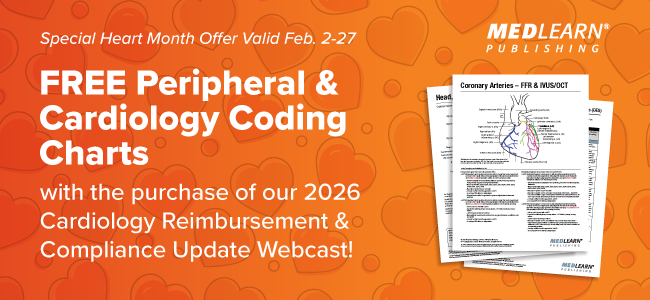What should you do if you get an email with the subject line “U.S. Office of Inspector General HHS – Special Investigations?” A doctor I’m working with in the northern part of the country received such an email. Fortunately, he handled it well, but there are still lessons to be learned. The email began with:
“The United States Office of Inspector General – HHS is charged with investigating complaints relating to healthcare matters. The Special Investigations branch is tasked with investigating complaints of employee and contractor wrongdoing and whistleblower-reprisal complaints. We are in receipt of a complaint that involved a current or former employer of yours.
You’ve been listed as a possible witness to reported allegations, and we’d like to schedule a time to virtually discuss the matter…”
If you’re the lucky recipient of something similar, what should you do?
First, I want to emphasize that it is improper for anyone, including me, to prevent you from talking to a government agent. You always have the right to talk to a government agent, and with the exception of disclosing personal health information (PHI), there aren’t many restrictions on what you can say.
But unless we’re talking about a licensing board, or if you’ve been issued a subpoena, you also have the right to decline to speak with an agent. While I cannot forbid you from reaching out to the government agent, my strong recommendation would be for you to forward the email to your organization’s legal counsel.
If you’re not doing that right out of the chute, there is something imperative for you to do: verify the authenticity of the communication. This particular email listed the agent’s name and a mobile and office number, as well as a general duty phone.
It didn’t include a physical address, so it was difficult to determine where the agent was located, although the area code was from the southeastern part of the country, which struck me as odd, given that the entity apparently under investigation was in the upper midwest, eight states away.
So, how do you verify the legitimacy of the agent?
One option you should immediately reject: calling the number listed in the email. It may be tempting to call the duty number and ask if the agent is genuine. But if someone is pretending to be a government agent, it is pretty easy to create a fake signature block, and that fake signature block is going to include fake phone numbers.
I’ve written about “Vandelay Industries” before, and I am sure I will be doing so again (in Seinfeld, George routinely used a fake entity, Vandelay Industries, as a phony reference. George gave out Jerry’s number, asserting it was Vandelay Industries, asking Jerry to masquerade as a former employer, answering his home phone “Vandelay Industries,” in attempts to con prospective employers.) There are many shakedown schemes that involve people pretending to be a government agent.
In this instance, there was one reason to believe that the email was genuine, despite the atypical geography. The email originated the domain @oig.hhs.gov. I want to emphasize that I don’t simply mean that that the U.S. Department of Health and Human Services (HHS) Office of Inspector General (OIG) address appeared in the body of a text as a hyperlink. It’s possible to set up hyperlinks to send emails to an address that differs from the words that appear in the email itself. But it’s much more difficult to hijack an actual domain.
If I type an email address with my own hands that includes a domain that I know to be a true government domain, I can be pretty confident that the email will go to an actual government employee – or, at worst, a non-existent email address. In this case, I think that is the easiest way to verify the agent’s authenticity.
Locating a phone number for an OIG agent can be extremely difficult. But if you know their name, you can send an email to @oig.hhs.gov.
That’s what I did here, and the agent proved to be legitimate.
EDITOR’S NOTE:
The opinions expressed in this article are solely those of the author and do not necessarily represent the views or opinions of MedLearn Media. We provide a platform for diverse perspectives, but the content and opinions expressed herein are the author’s own. MedLearn Media does not endorse or guarantee the accuracy of the information presented. Readers are encouraged to critically evaluate the content and conduct their own research. Any actions taken based on this article are at the reader’s own discretion.























